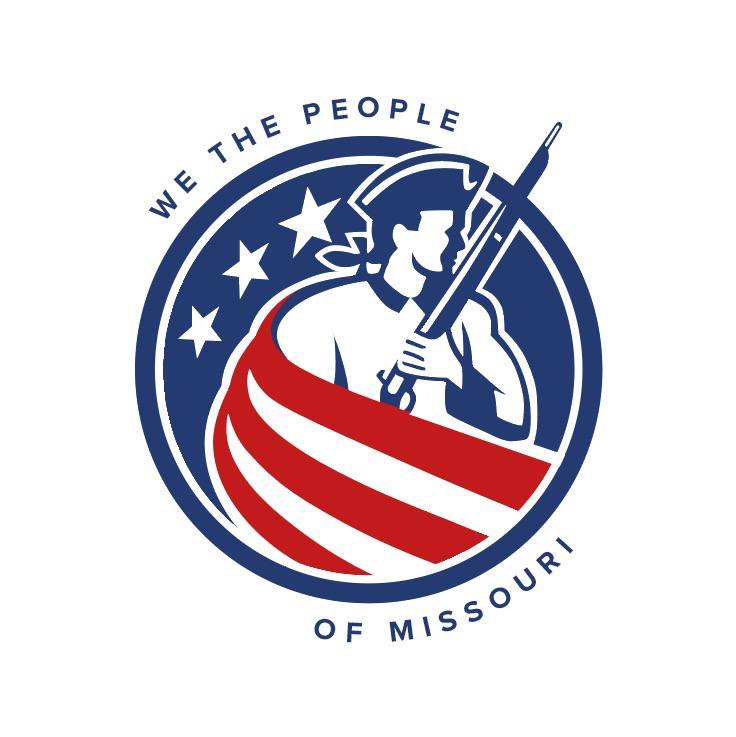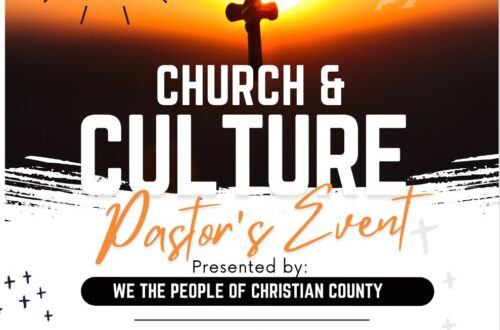On the Banning of Books
By Gretchen Garrity
Most of us have a visceral reaction to the idea of banning books. Having a storied history of free speech in the United States, Americans naturally recoil from the idea of making books unavailable to the public. Throw in the shibboleth of the Nazis and one is guaranteed to shut down conversation about what constitutes actual book banning.
Let’s explore that. What is included in the historical understanding surrounding the banning of books? According to Jeffrey McCall, a professor of communication at DePauw University, “The key in discussing “banned” or “censored” books is whether such materials are eliminated totally from the public domain by government order, and with penalties for offenders who would publish, distribute or read such materials. That is a reality in many nations today, but the United States is not included on that list.”
McCall also states in his 2017 article at The Hill, “Decisions on which books get purchased for inclusion in a library or school curriculum are based on multiple budgetary, cultural and community standards. Personal judgments by librarians and school administrators necessarily factor in, but challenging those judgments is also inherent in the First Amendment.”
In recent months, concerned citizens in southwest Missouri, as well as Cape Girardeau, Perry and Crawford counties have been actively investigating what books are available in their library systems. In the Christian County Library system, citizens have been questioning a number of books.
According to one carefully curated list by a local Christian County citizen, there are 193 titles (300 books total) that are rated anywhere from a 1 to a 5 with the UBC (Universal Book Content) rating system on BookLook.info. As expected, books rated 0 are appropriate for all audiences, while books rated 1, 2, 3, 4 or 5 (based on content) are judged as “Might have minor issues for young readers” to “Might be arrested for reading at school board meetings.”
The community has been attending county library board of trustee meetings for months, attempting to convince the board to implement a ratings system at the library, which would allow parents and caregivers the ability to know which books may be an issue for minors, and to be assured that those books would not inadvertently fall into the hands of vulnerable young children.
The Christian County Library Executive Director, Renee Brumett, and the library board, have been clear that, in their opinion, restricting children’s access to any books is a violation of the First Amendment. Apparently, a child’s “right to read” sexually explicit and even pornographic material is a proper reading of the First Amendment. Here is the First Amendment:
“Congress shall make no law respecting an establishment of religion, or prohibiting the free exercise thereof; or abridging the freedom of speech, or of the press; or the right of the people peaceably to assemble, and to petition the Government for a redress of grievances.”
Is it reasonable to suggest that exposing minors to sexually explicit materials is a First Amendment right for children? Yet the library’s executive director assured the board at a recent meeting that having consulted two lawyers, any restriction of the questionable books was “most likely” an abrogation of the First Amendment. While the board of trustees has tabled the final decision about whether to implement a ratings system, the executive director’s report recommended against it.
Many of the questionable books center around the LGBTQIA+ movement, particularly books and other materials that advocate for gender ideology.
The 2014 book “Beyond Magenta,” which is currently in the teen (or Young Adult) section of the Sparta branch, is described by one reviewer at Good Reads thus:
“Beyond Magenta: Transgender Teens Speak Out is an explicit book which is being promoted in the youth sections of local libraries.
The book contains explicit language, violent acts, and graphic descriptions of oral sex carried out by children as young as 6 years-old.
Written mostly in first-person, transgender people share their journeys without mentioning the illegal nature of their activities or the consequences of certain behaviours.
“From six up, I used to kiss other guys in my neighbourhood, make out with them, and perform oral sex on them. I liked it. I used to love oral. And I touched their you-know-whats. We were really young but that’s what we did.”
The account goes on to describe paedophiles masturbating. The author does not qualify that the acts were harmful or illegal.
Descriptions of violent behaviour include pushing over a pregnant teacher. The author writes, “I know it was wrong but….” – as if their anger were a justification for their actions.”
Another book titled, “This Book is Gay,” is currently residing in the teen section of the Ozark branch. According to the description on Good Reads:
“Lesbian. Bisexual. Queer. Transgender. Straight. Curious. This book is for everyone, regardless of gender or sexual preference. This book is for anyone who’s ever dared to wonder. This book is for YOU.
There’s a long-running joke that, after “coming out,” a lesbian, gay guy, bisexual, or trans person should receive a membership card and instruction manual. THIS IS THAT INSTRUCTION MANUAL. You’re welcome.”
Many more books are marketed to quite young children, for example, “Born ready: the true story of a boy named Penelope.” This book is promoted to children ages four to eight, and is available at the Clever branch. According to the description, “Jodie Patterson, activist and Chair of the Human Rights Campaign Foundation Board, shares her transgender son’s experience in this important picture book about identity and acceptance.”
These are only three of the nearly 200 books currently in the Christian County Library system. Associated with the American Library Association (ALA) and the Missouri Library Association (MLA), both of which could be described as having far left leanings, the Christian County Library is following in the footsteps of these organizations. The ALA’s 2023-2024 president is an avowed Marxist lesbian.

Elsewhere, Drabinski opines on the library situation in Missouri.
Pushing a radical agenda that includes giving minors access to sexually explicit materials is not a matter of free speech. Those books, if rated and moved to an area that would allow parents their right to decide if their children are exposed to such materials, does not meet the definition of banning.


Those books are widely available in other venues, ones that don’t involve funding by taxpayers. It is a matter of protecting children and adhering to community standards in publicly-funded libraries. How many taxpayers are unknowingly funding porn in county libraries?
There are laws in place in Missouri (see here, here, and here) that prohibit giving minors access to pornographic and sexually explicit materials. Why does it seem the public library is an exception? And why is the library director and the board of trustees so willing to expose vulnerable children to such materials?
ACTION ITEM:
Citizens should consider exploring the online book catalog at their own libraries to see what sexually explicit/pornographic books are infesting the children’s section. Take screenshots and share on social media. Attend the public meetings of those governing your library systems. Ask questions. It’s a start. More to come.



